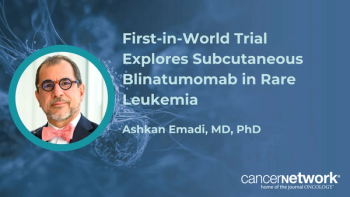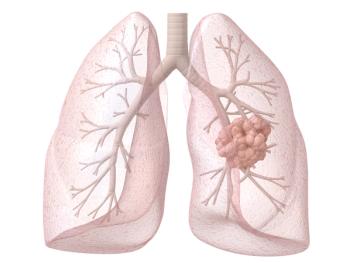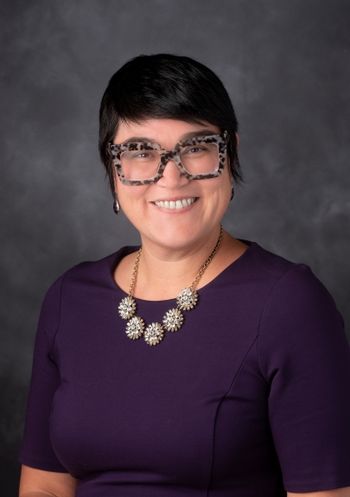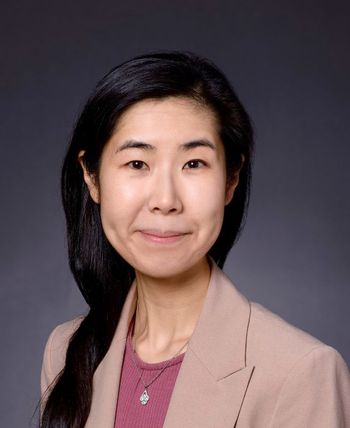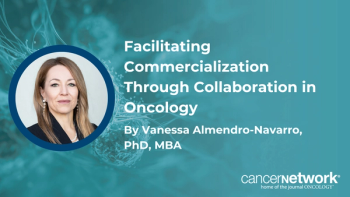
Larry Anderson, MD, PhD, Discusses CAR T-Cell Therapy For Multiple Myeloma at 2021 IMW
CancerNetwork® sat down with Larry Anderson, MD, PhD, at the 18th International Myeloma Workshop to talk about how the emergence of CAR T-cell therapies in multiple myeloma affects multidisciplinary clinicians.
At the 18th Annual International Multiple Myeloma Workshop, CancerNetwork® spoke with Larry Anderson, MD, PhD, of UT Southwestern, about the real-world considerations of CAR T-cell therapy administration in patients with multiple myeloma. Anderson explained the advantage of having a multidisciplinary team of clinicians who are trained in managing patients on CAR T-cell therapy.
Transcript:
First, one thing to highlight is that CAR T-cell therapy, although it works very well, does have specific toxicities that one has to be experienced with to be able to give this therapy. Right now, it’s [administration is] limited to large referral centers like bone marrow transplant centers and academic medical centers that have expertise with stem cell and cell therapies. These products involve a lot of disciplines. We have social workers for these patients, and we have a lot of different team members helping to make sure this [treatment] goes smoothly.
For example, because of the risk of neurotoxicity and risk of seizures with any CAR T-cell product, these patients can’t drive for 2 months. They must have a caregiver who can bring them to appointments. They must have wallet cards to let providers know [to send] them somewhere else that if they have fevers or symptoms of cytokine release syndrome or neurotoxicity. [These cards] will have our contact information and let [providers] know that those patients need to get to our center as soon as possible. These patients generally will need to live within a couple hours of the medical center for the first month. It does impact a lot of their lifestyle, but I would say the biggest impact is after the first month, once these patients are off therapy for the first time in many years [or even] a decade, they enjoy not being on treatment for the coming years after the CAR T-cell infusion. They really enjoy the freedom that that brings.
Newsletter
Stay up to date on recent advances in the multidisciplinary approach to cancer.


